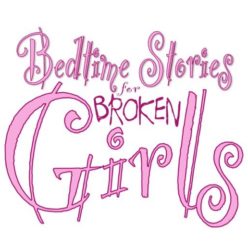After he announced his emphysema diagnosis, I didn’t hold out much hope for further movie/TV output from Lynch… I was content to consider him retired. But I hoped we’d have at least a few more years with him.
David Lynch was the most influential person I never met. He changed how I viewed the world and art and the creative process. His work is built into the foundations of mine, and my life is a little more empty in his absence.

My first Lynch film was only partially a Lynch film: The Elephant Man is well-suited to his style and interests, but not nearly as opaque as his more personal work.

I’ve watched Lynch’s Dune at least ten times over the decades, and prefer it to anything Villeneuve’s meandering version has to offer. There was nothing relatable and plenty horrifying about Lynch’s vision of Herbert’s universe, which is exactly the antidote to Star Wars that I needed back in 1984.

I didn’t see much more of Lynch’s stuff until years later, when Twin Peaks debuted on ABC. Like everyone else, I‘d read the reviews and heard the hype, so I jumped in… and was hypnotized. This was television unlike anything I’d ever seen, and the first time I was able to clearly see cinema —even when squeezed into a 4:3 NTSC frame— as an art form. It blew me away with everything it said, and everything it very carefully chose to not say.
With a single act of creative genius —that pilot is amazing— my eyes were opened. I turned into one of those annoying cinephile kids who watched everything he could find on VHS at the local video store, and plowed through copies of American Cinematographer like they were sustenance for a starving soul. Almost as importantly, for a brief time, Twin Peaks gave me a passion to share with my otherwise utterly disconnected dad… we watched every episode of that first season together, and he listened to Angelo Badalementi’s soundtrack almost as much as I did. We’d never shared anything like that before, and never would again.
From TP, I went back to watch DL’s other work.

One of only two Lynchian efforts that I could respect but never love, Eraserhead was something I needed to see but didn’t enjoy. Perhaps I’d feel differently, seeing it now as a middle-aged adult, but as a teen, it was too weird for me to fully embrace.

If Twin Peaks was a match that ignited something inside me, then Blue Velvet was a gallon of gasoline thrown on the fire. It wasn’t as fun or funny as TP, but it was deeper, darker, and more focused. And that opening sequence is still one of the best openings of any film, ever.
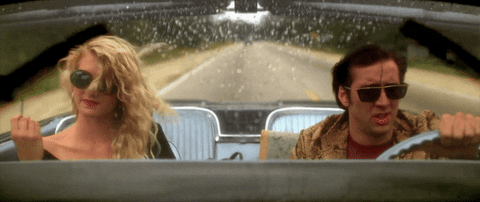
Just as the buzz around Twin Peaks was fading —the general viewing public only cared about Laura Palmer’s death— Lynch got everyone excited again with his Palm d’Or and an unhinged Nicholas Cage in 1990’s Wild At Heart. I’ve seen it a half-dozen times over the years —most recently, a year ago— and while it doesn’t stand beside the best of his work, it was a visual and stylistic marvel.
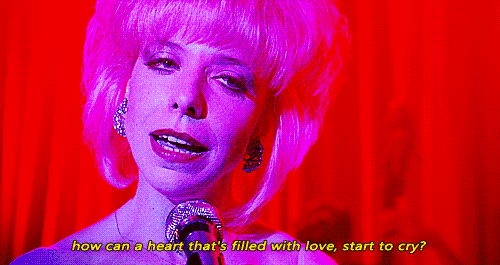
The only one of Lynch’s films that I saw in a theater, FWWM was a movie I couldn’t fully appreciate at the time. Heavy on Laura Palmer and light on Dale Cooper, it wasn’t exactly what I’d hoped to see… but as I’ve rewatched it —and its radically re-edited companion, The Missing Pieces— I’ve fallen in love with it and everything it brings to the tragedy and insanity of Laura’s short life.
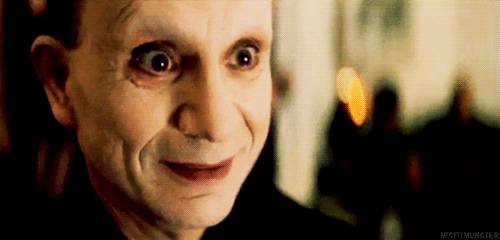
Easily the creepiest thing David ever made, and difficult to follow even for the initiated, Lost Highway was still distinctive and fascinating. And say what you will about Robert Blake… he spooked the fuck out of everyone in the audience long before he (allegedly) killed his wife in real life.
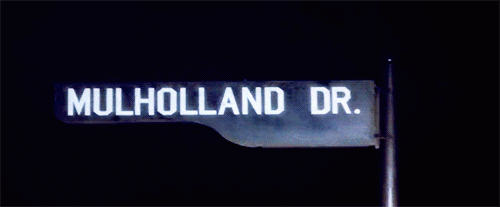
Originally intended to be his network TV follow-up to Twin Peaks, Lynch reworked Mulholland Dr. into a cinematic fever dream that would go on to be generally regarded as his best work, and an opportunity for a young Naomi Watts to establish herself as one of the great talents of her generation.

There’s one of his films I’ve never watched at all, and this is it. Which is funny when I think about it, since it’s easily the most “normal” thing he ever made.
I’ll be tracking down a copy of The Straight Story and watching it this weekend.
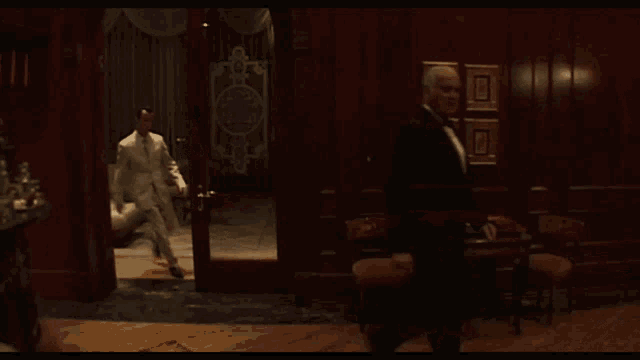
2006’s Inland Empire was his last feature film, and to be honest, I’ve started it twice and never finished it. Part of that is because it was an early experiment with shooting on digital video, and Lynch never fully found a look that was as satisfying as that of his celluloid-shot work.
And part of it is because I knew on some level that there would never be another feature film from David, and I wanted to preserve it in my mind, more perfect than his limited tools at the time could make it.
I’ll finish it now. It deserves viewing.
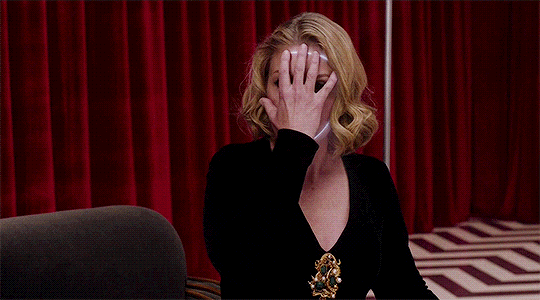
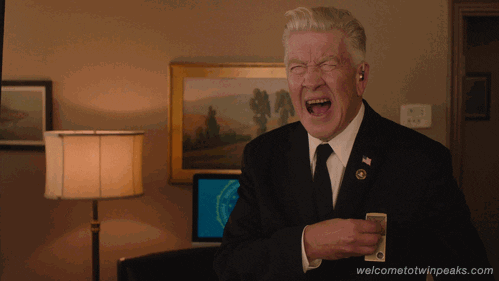
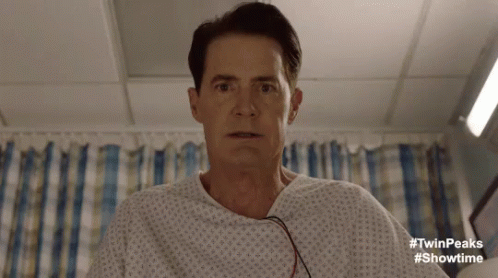
Quite simply: 2017’s Twin Peaks: The Return —otherwise knows as Season 3– is the best single season of television ever made. There’s not even any competition; neither The Wire nor Deadwood can hold a flickering candle to it. It’s funny, scary, bewildering, exciting, sentimental, bold, and completely uncompromising. I saw things I had never seen before, and will probably never see again.
I will miss you, Mr. Lynch. You were a hero to me.
